Ethics and Democracy
Our Mission Is To Publish – Not To Hide Our Work Away
Ethics and Journalism Initiative Director Stephen J. Adler on why “takedowns” pose serious risks to free speech and the historical record and are unlikely to offer actual protection.
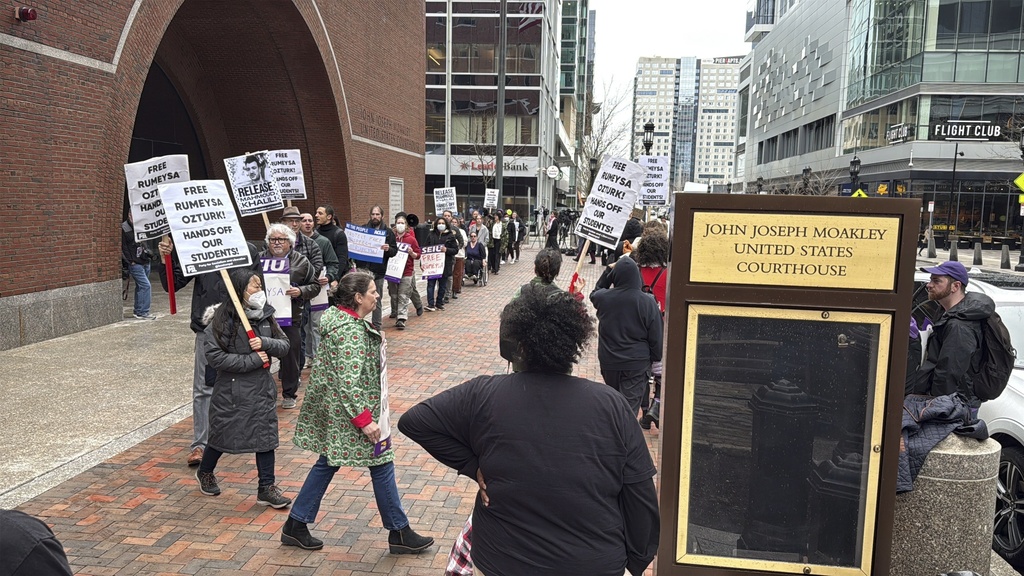
Amid Protests and Elections, How Can Journalists Ethically Participate in Politics and Civic Life?
At THE CITY, journalists can participate in civic life – but only if the activity doesn’t conflict with their beats.
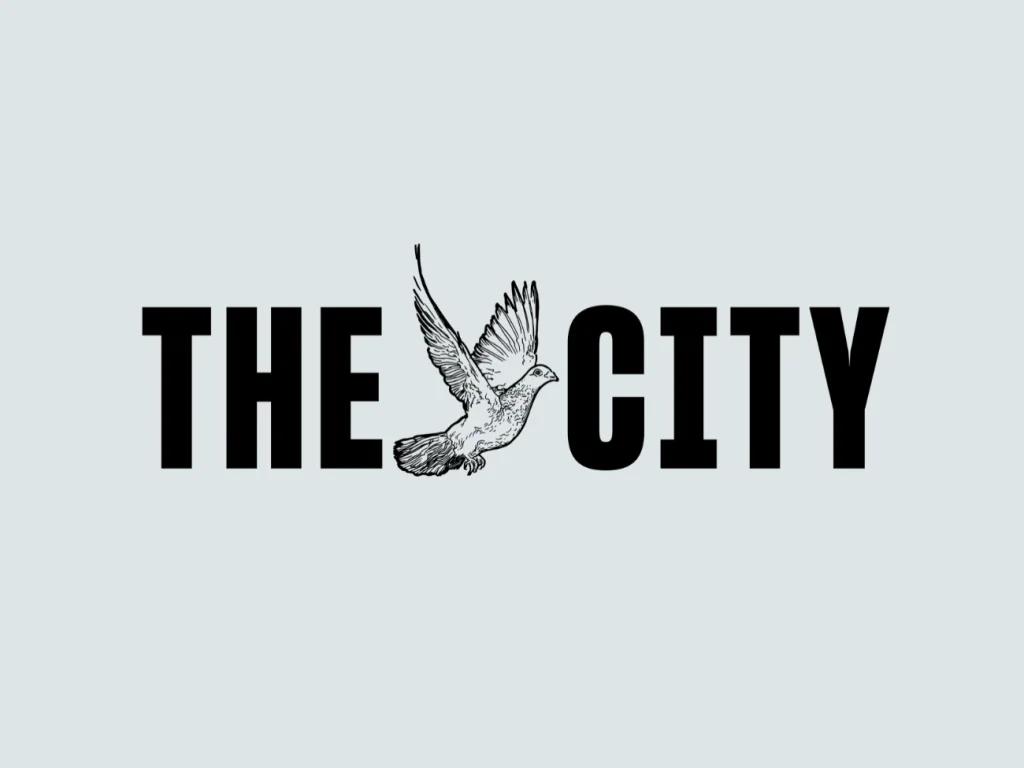
Fostering a Culture of Newsroom Independence
How to fight anticipatory compliance.

Ethics and Democracy | Ethics and Diversity
Covering Immigration Ethically Under Trump
Top immigration journalists from The New Yorker, ProPublica, Documented, and The CITY discuss how a second Trump presidency will inform their reporting.
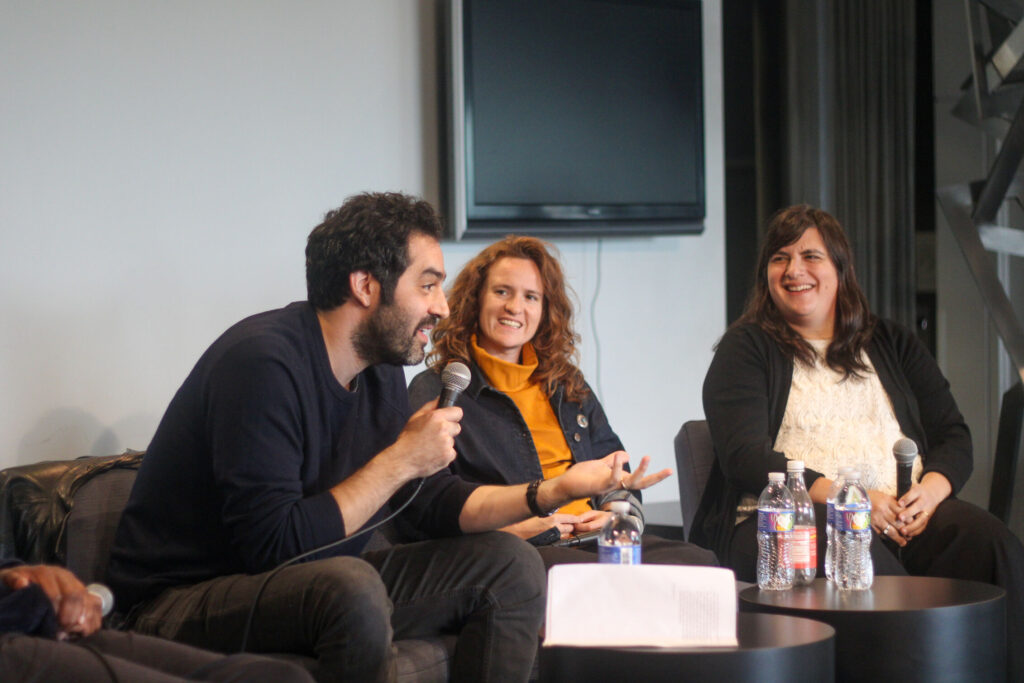
Getting Past Newsroom Myopia
The results of the 2024 election left many national media commentators stunned. This surprise begs the question: what can coastal big-city news organizations do to more accurately reflect and understand the concerns of the American public?
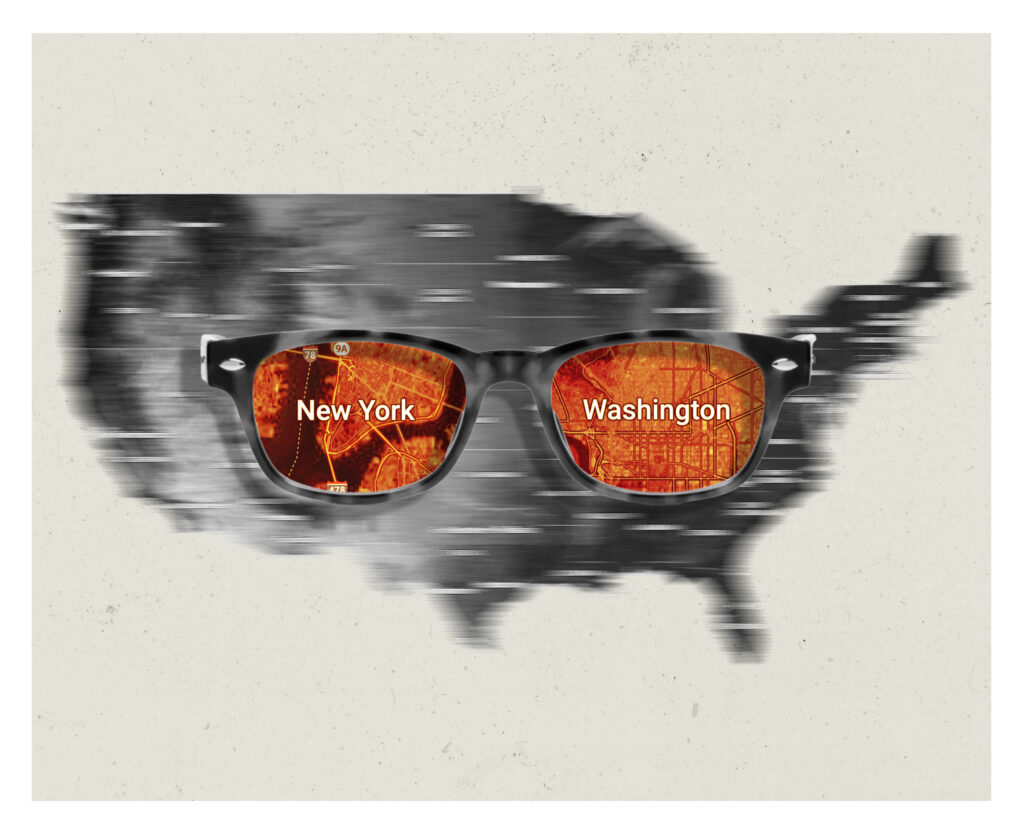
Guest Column: Journalists’ Obligation to Report — and Re-Report — the Facts About the Election
The truth is that voting in this country is relatively safe and secure. The results are reliable. Journalists need to defend the mechanics of democracy by also reporting the facts about the actual soundness of the overall system, not the corrosive conspiracy theories emanating from candidates and their social feeds.
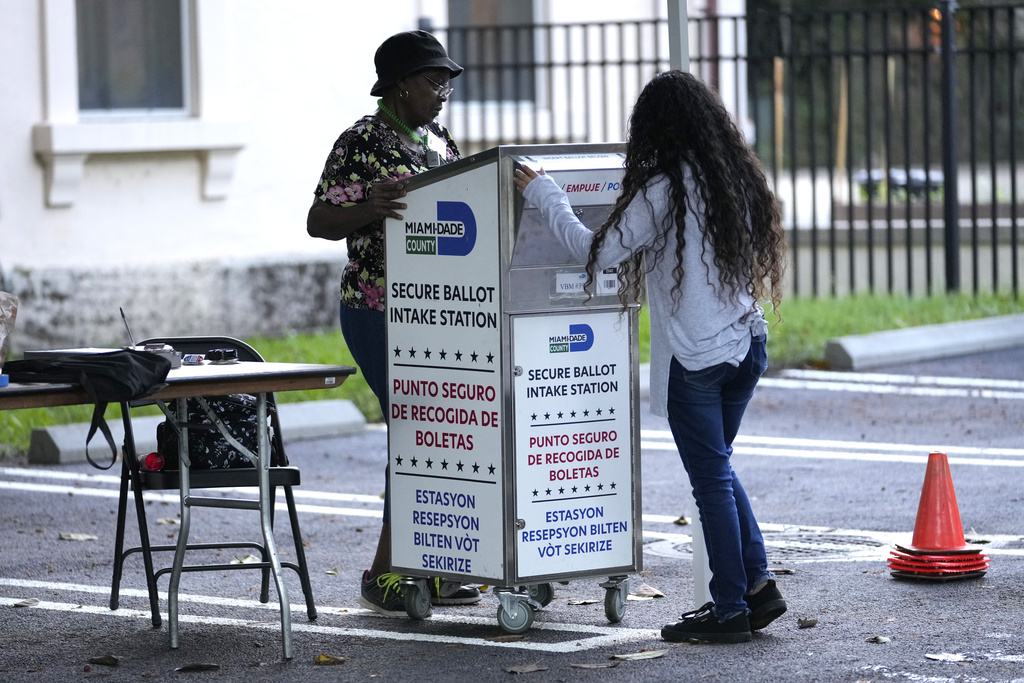
Ethics and Democracy | Everyday Ethics
Received Hacked Info? Now What? Five Takeaways About How to Ethically Navigate Reporting of Hacked Materials
Source scrutiny, foreign intervention, audience transparency and more in our takeaways from our September event with Semafor's Ben Smith, Columbia Journalism Review's Sewell Chan, and Kathleen Carroll, former executive editor of the Associated Press.
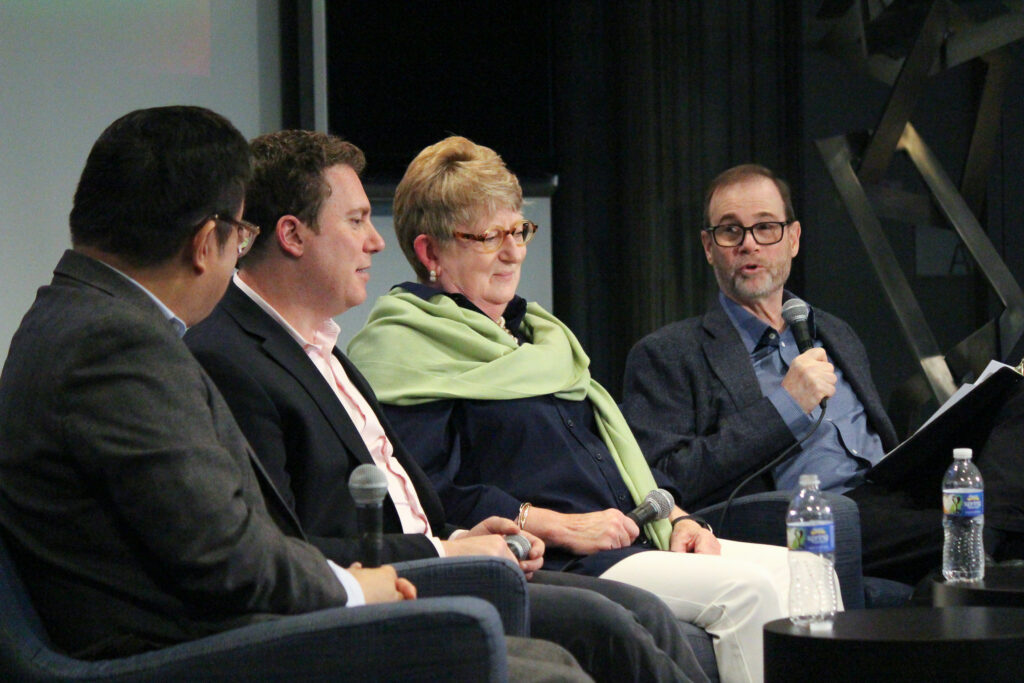
Was It Unethical Not to Cover Biden’s Apparent Decline?
Story selection isn’t covered prominently in most newsroom ethics codes, but what we do or don’t choose to publish is a matter of journalistic ethics as much as anything else. With the publication of Original Sin: President Biden's Decline, Its Cover-Up, and His Disastrous Choice to Run Again, we are re-posting Director Stephen J. Adler’s 2024 article on the ethical implications of the media’s failure to cover Biden’s decline when it first became apparent. Beyond criticizing the press, Adler provides useful guidelines for journalists going forward.
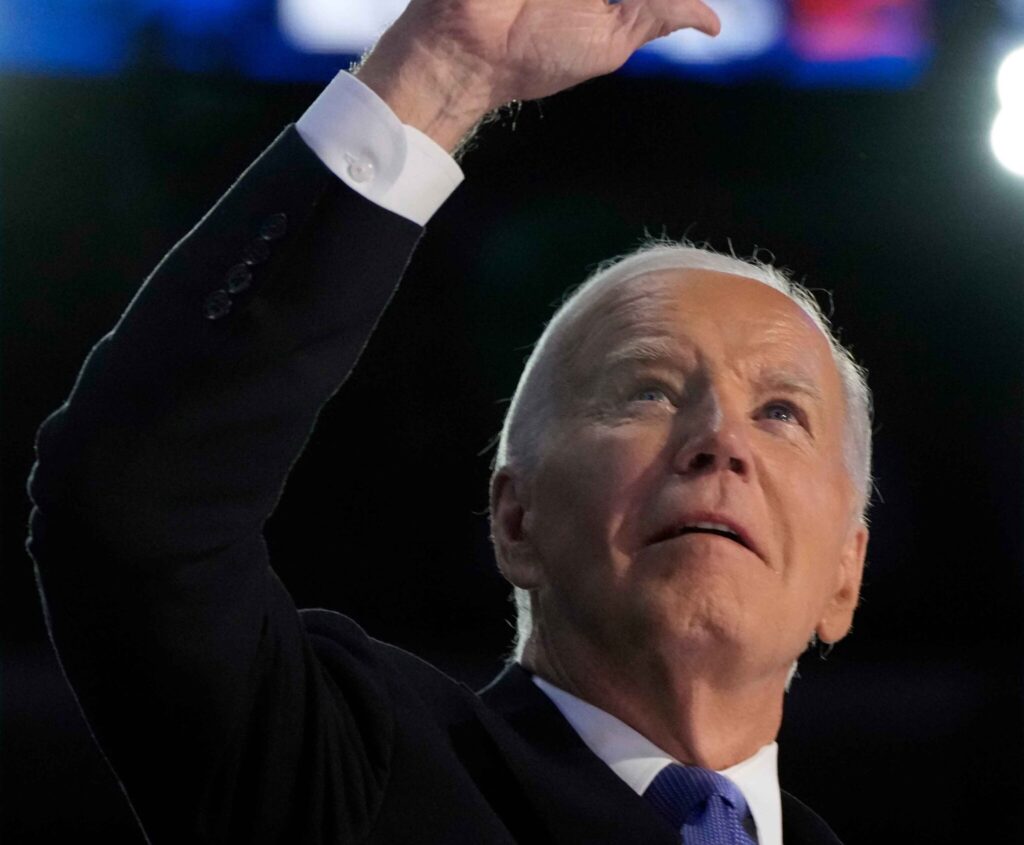
Panel Tackles Challenges Of Covering Elections Amid Disinformation
A group of seasoned politics journalists and a leading press critic kicked off the first of two panels to launch the Ethics & Journalism Initiative at NYU's Arthur L. Carter Journalism Institute on Nov. 29. Moderated by EJI director Stephen J. Adler, the panel discussed how to cover politics ethically and robustly in an age of polarization and disinformation. You'll find the EJI Takeaways from the panel and a link to a video in this post.
